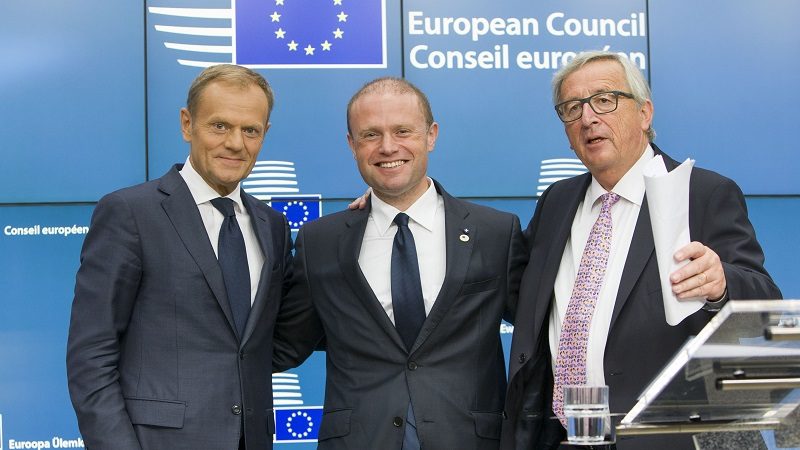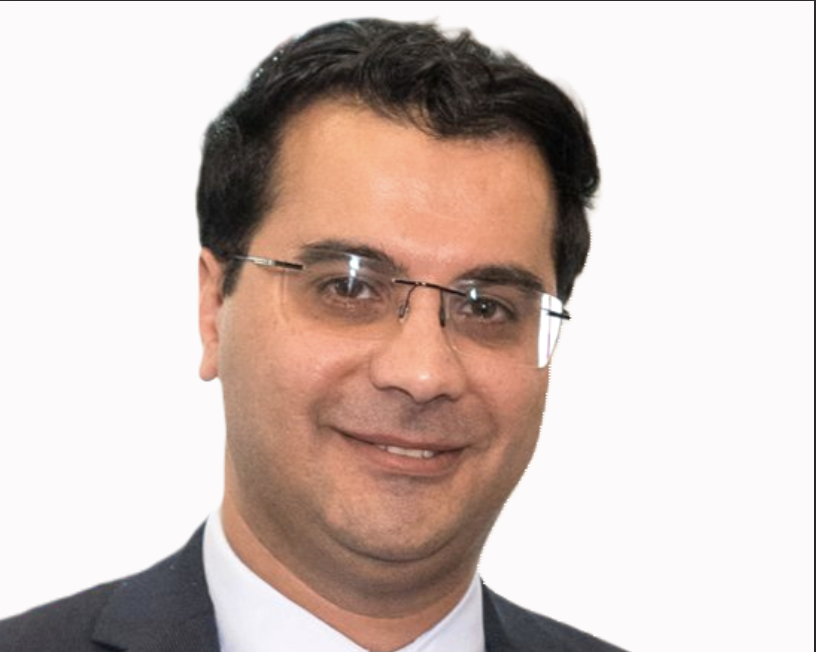Prime Minister Joseph Muscat’s performance in a battle for top EU posts was a story about “just how far he has fallen” in the last two years, sources close to the negotiations told The Shift News.
There was agreement among insiders across political groups, who spoke on condition of anonymity, that there had been consensus in Brussels in 2017 that Muscat would step into the European Council President role after the end of Donald Tusk’s two and a half year term.
“When Donald Tusk was reappointed in late 2017, there was a consensus that Joseph Muscat would succeed him two and a half years later. He was Tusk’s successor in waiting. But all that changed,”a Brussels-based political assistant said.
The European Council President chairs the body made up of the leaders of EU member states and shapes the EU’s political direction. But while Muscat had been the chosen man for the job back in 2017, two years down the line he was never seriously considered for any of the vacancies available.
Very close. True. https://t.co/Ns229AhwJP
— Kurt Farrugia (@KurtFarrugia) July 2, 2019
Political assistants and journalists in Brussels contacted independently agreed that Muscat was never seriously considered this time round, despite lobbying efforts by his team described as “intense”, albeit “amateur”. Their statements matched those of Maltese officials close to key political circles.
Muscat’s name was raised at a point when the initial plan proposed by German Chancellor Angela Merkel was rejected. “What happened is that when the initial package fell through, discussions took a tough turn,” a political insider said.
“It was back to the drawing board. All options started to be explored. But the option involving Muscat never really took off,” he added.
No international news report makes any mention of Muscat. The Maltese Prime Minister’s name did not appear in reports listing nominees for the posts.
“The news in Malta is, let’s say, amusing,” said a journalist who followed the proceedings.
He was reacting to statements by government officials that the Prime Minister “was close to becoming European Council President”.
The State broadcaster ran that headline, also pushed by the Labour Party’s media channels and government officials on social media that turned Muscat’s defeat into a “victory for Malta”.
Ilbierah rebhu Malta u l-Maltin. Inharsu ‘l quddiem ghal aktar hidma favur il-gzejjer taghna u l-Maltin u l-Ghawdxin 🇲🇹 pic.twitter.com/Wc9pcpx5AV
— Miriam Dalli (@Miriamdalli) July 3, 2019
Muscat’s hopes for a top EU post were an open secret. After telling Brussels-based news portal Politico last February that it was possible to shoot for the stars, Muscat has now played down his interest in the role.
“Some people in the press mentioned my name, it’s not up to me to comment about that,” he told the press in Prague following the result. He did not mention the fact that national news outlets were quoting sources from within his own government.
What changed?
At the time that Tusk was re-elected in 2017, Muscat had succeeded in retaining power in a snap general election that year, despite the developing story on the involvement of those closest to him in major international scandals such as the Panama Papers.
International media scrutiny of the Panama Papers and other scandals involving Muscat’s government continued with more intensity following the assassination of journalist Daphne Caruana Galizia in October 2017.
New evidence in global publications revealed more details on major corruption scandals Caruana Galizia had worked on that led to the heart of the government led by Muscat, keeping the international attention on Malta.
Report after report by leading European insitutions was published that warned about weak rule of law mechanisms and the concentration of power in the Prime Minister’s hands. In this context, concerns were expressed on the lack of progress on the investigation into the journalist’s death.
Muscat’s government has consistenly rejected this criticism. The response, or lack of it, over the last two years, has been scrutinised internationally as bureaucrats and decision-takers were fed reports in global publications and assessments by Europe’s leading institutions on a daily basis.
“It serves to build a reputation. Pretty much all political leaders can see that Joseph Muscat is toxic,” an expert on European politics said.
The opinion of Europe’s leading institutions helps shape the assessment of nominees for the EU’s top posts, sources confirmed.
As discussions on who would occupy Europe’s top posts were being held, Malta was being dealt a blow at the Parliamentary Assembly of the Council of Europe that approved with “an overwhelming majority” a report on the investigation into the assassination of Caruana Galizia and the rule of law in Malta. It concluded the situation in the country was so serious it put the whole of Europe at risk.
The Parliamentary Assembly of the Council of Europe approved the resolution on
“Daphne Caruana Galizia’s assassination and the rule of law in Malta and beyond: ensuring that the whole truth emerges”
On surprisingly many points the Maltese agreed
(1)https://t.co/MaNEbu4NNR— Pieter Omtzigt (@PieterOmtzigt) June 30, 2019
It followed other assessments by the Venice Commission and GRECO, as well as assessments by the European Parliament and criticism by the European Commission.
Stating that he would be taking on his Prime Minister role “with more vigour”, Muscat headed to Prague where he held meetings with Czech Prime Minister Andrej Babiš who recently faced the country’s “biggest anti-government protest since the communist era”. Babiš has faced repeated demands for his resignation over corruption scandals, amid criticism of his restrictions on press freedom.
In a joint statement reported by the media in Prague, Muscat and Babiš called for fewer restrictions on the allocation of EU funds.
Social media posts show Muscat was later joined in Prague by his wife Michelle Muscat and, separately, by Minister Konrad Mizzi, who is at the centre of all the scandals plaguing Muscat.














